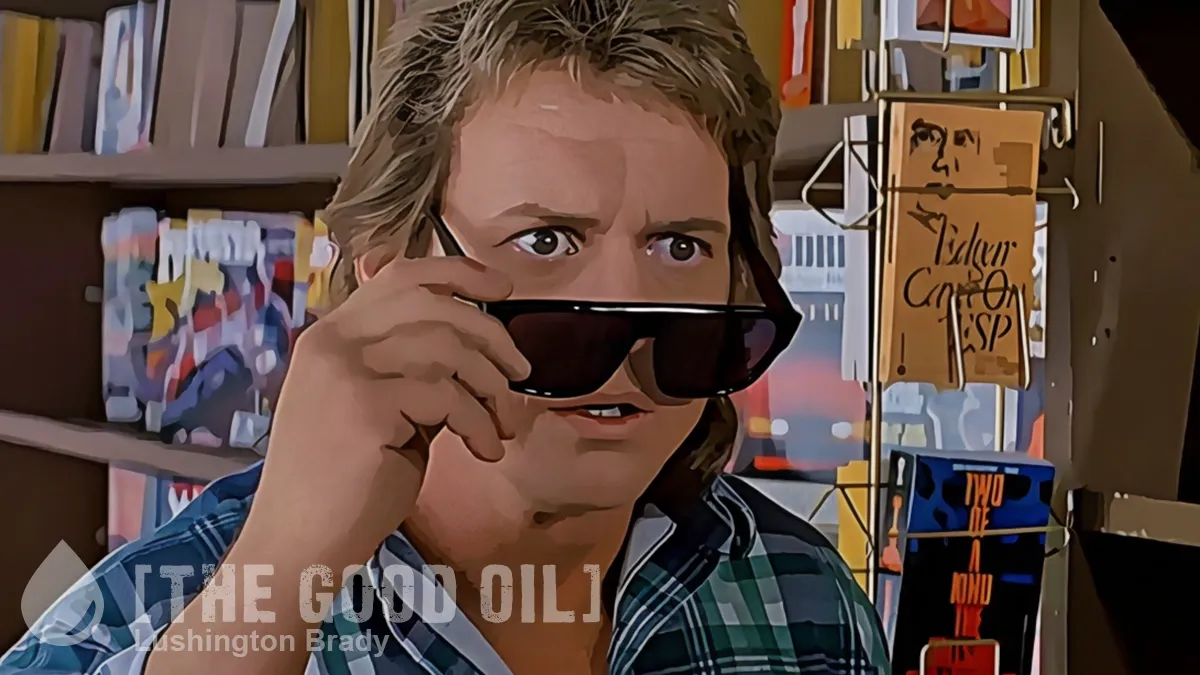Table of Contents
The first legal claim against Police Minister Stuart Nash has now been filed and served by The Council of Licensed Firearms Owners ( COLFO)
They have asked the High Court to review Nash’s regulations banning certain ammunition and providing no compensation for surrendered ammunition. Below is the COLFO’s statement to the media. You can read the Statement of Claim for Judicial Review here.
MONDAY 11 NOVEMBER 2019
The Council of Licenced Firearms Owners (COLFO) has asked the High Court to review the new regulation banning several classes of firearms ammunition.
The review could benefit all New Zealanders because it will determine whether the Government can outlaw ownership of property without compensation.
COLFO is seeking an order that some ammunition should not have been included in the Arms (Prohibited Ammunition) 2019 Order, and that not paying compensation is invalid.
COLFO says Police Minister Stuart Nash applied the wrong test when banning several classes of ammunition, a move that in no way improves public safety. COLFO wants the ban overturned and, at the very least, fair compensation to owners for financial loss.
“All New Zealanders should be concerned by bans without compensation of legally purchased products. This sets a truly dangerous precedent. Today it’s ammunition and licenced firearms owners, but if politicians are able to ban things without financial remedy, there’s no telling what’s next,“ says COLFO spokesperson Nicole McKee.
She said many firearms owners own hundreds, if not thousands, of dollars’ worth of ammunition that the Government has now banned.
“They have been told to surrender it and receive no compensation in return. Firearms owners are quite rightly angry, so we’re going to court to get a fair deal for them.”
Licenced firearms owners found in possession of the now-banned ammunition – including surplus tracer rounds sold legally in bulk by the Crown – can face penalties of up to two years in jail.
“Many licenced firearms owners will have purchased this ammunition from the Crown in good faith – now that good faith has been destroyed,” says McKee.
“The licenced firearms community has a long and constructive history of working with Police and Government to ensure firearms laws are fair, reasonable and put public safety first and foremost.
“But this knee-jerk, penny-pinching approach is ruining what was a very good relationship.”
McKee says the Government should make good on compensating owners as a bare minimum.
“Kiwis believe in a fair go. When the Government restricts our rights to property, compensation is only reasonable. Treat us fairly and give us a fair deal, or undo the law that made the ammunition illegal.”
COLFO’s application to the High Court is available here.
To summarise, they are making the claim that Stuart Nash’s decision to ban certain types of ammunition was unlawful. The COLFO believes that he was wrong to claim that the banned ammo types have no valid civilian use and were of any higher risk than other types of ammunition.
The COLFO has asked the Court for orders that the decision not to compensate for newly banned ammunition was wrong on the basis that:
(1) it does not promote the objects of the Arms Act; and(2) is contrary to the general legal principle that, if government powers are used to deprive lawful owners of property rights, they are entitled to proper compensation.
The COLFO has asked why the focus has now been turned onto ammunition and away from compensation for firearms.
The key principle is that licenced firearms owners ought to be fairly compensated for changes in regulations. To establish this principle, we have chosen the strongest case first, where the mistakes and wrongfulness are stark, and won’t be bogged down by disputes and competing evidence on valuations (as it would be if we were to challenge the Government’s price schedule for the buy-back in first instance).
Our lawyers are of a firm view that the best way to attack the low levels of compensation for the current buyback is to establish the precedent that fair compensation is essential in order for the Government to achieve the objects under the Arms Act. COLFO’s view is that the very low levels of firearms being handed-in to the Police is primarily because the Government is trying to be stingy with the price paid.
By establishing that the Government’s decision not to compensate owners of ammo at all is both unlawful and counter-productive in achieving what the law is intended to achieve, we will be on a much better footing to force the Government to re-look at the whole compensation regime.
It is worth remembering too that the majority of the newly banned ammo was purchased directly from the Government (such as expired Defence Force stock). That makes the lack of compensation even more unreasonable.
This is the first set of proceedings for the COLFO and it is focused on the compensation arrangements. In the context of their fight against the proposed firearms register, and the possibility of yet another tranche of law changes, they want to get it right and set a precedent so if the Government moves to ban even more types of arms, at least fair and reasonable compensation will be paid for them.
It is of concern that Police Minister Stuart Nash could ban certain firearm types by the backdoor (avoiding parliament altogether), by using the rushed June law changes. If the Government is allowed to get away with banning ammo or accessories without paying compensation, who knows what power mad Stuart Nash will ban next?
For example, banning ammo calibres would render whole classes of firearms totally unusable in New Zealand with no compensation.
The COLFO will continue to fight against the proposed National firearms register which they quite rightly fear is the first step to more types of firearms being banned.
Just this week the Police released a discussion document on proposed “Firearms Prohibition Orders”. The consultation documents are available here.
https://thebfd.co.nz/2019/11/nashy-has-gone-mad-with-power/









